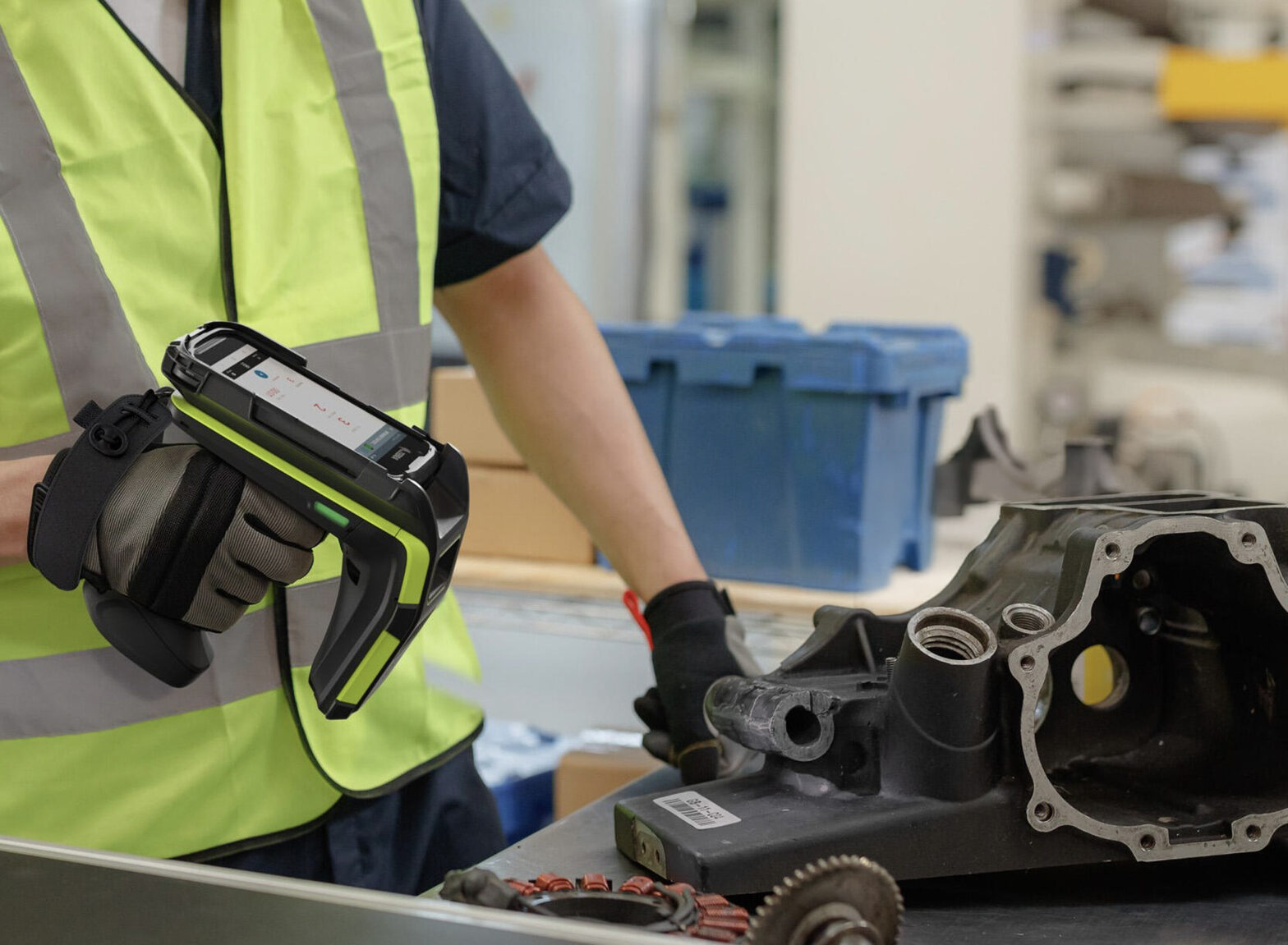
RFID traceability system in production
The RFID traceability system is a solution created to track and control every stage of the production process. The system monitors the use of raw materials, components and semi-finished products and verifies the history of finished products. Thanks to the use of RFID technology, the system verifies on an ongoing basis whether a given component is being delivered to the right workstation and informs the operator about the performance or omission of previous operations. Every operation on the production line is recorded, allowing for accurate tracking of production history – from the receipt of raw materials, through subsequent stages of production, to storage and distribution. The solution meets the requirements of highly regulated industries such as automotive, pharmaceuticals and the food industry. The RFID traceability system in production minimizes errors, improves the flow of information and increases the quality and safety of the entire production process. RFID tracebility in production is a solution that works autonomously and does not interfere with the software of production machines or the production management system.
- Automation of identification processes.
- Quick location of production components.
- Full information about the product and the history of production.
- Reduction of errors and complaints.
- Comply with industry requirements.
Application

